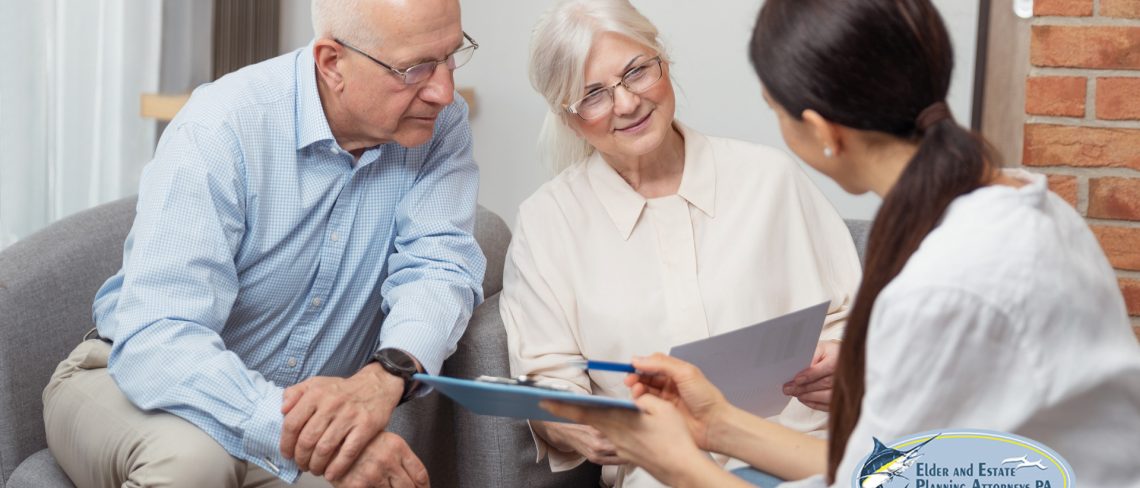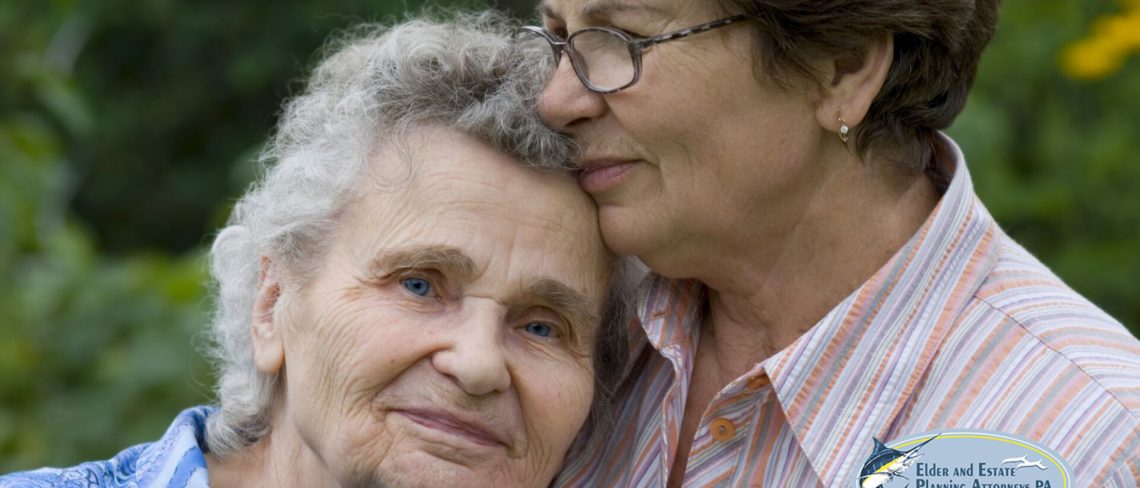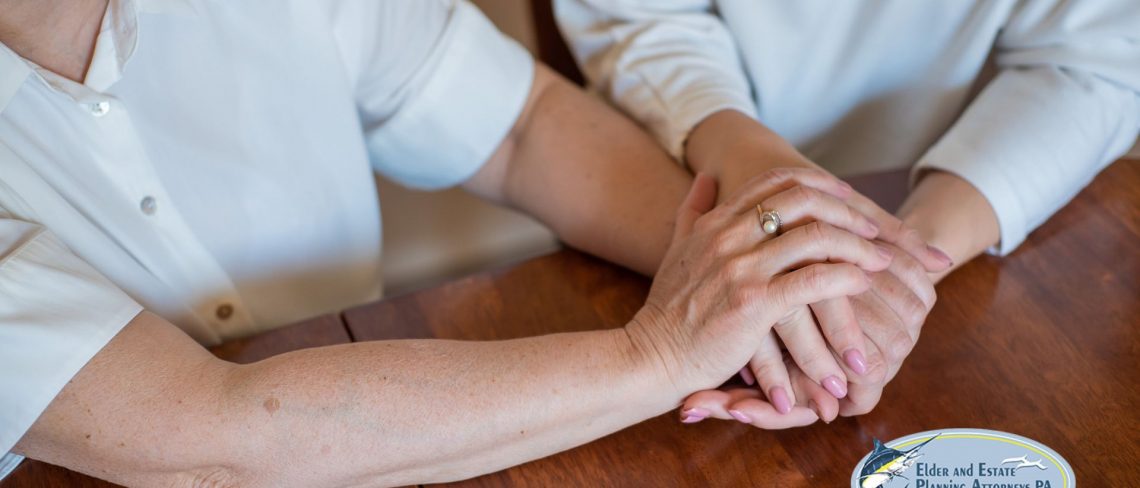Planning to afford long-term care is important because it is estimated that one out of every two of us will need some form of long-term care before we die. Most of us cannot depend on our children to fund these needs since they have their own bills to pay and family dependents to provide for. In addition, government assistance for long-term care is only available to those who are impoverished.
For most of us, however, long-term care expenses will be initially affordable. Unless a person is afflicted by a paralyzing stroke or a quick onset of Alzheimer’s Disease, initial long-term care expenses can be met by paying for the cost of temporary caregivers. These caregivers can attend to basic chores within the home setting that we are physically incapable of easily performing. There are even times, in Florida, when a county funded agency can pay for or help us with the cost of these initial services. This is true if we are financially below the county’s maximum income or asset limit and there are hours available.
In planning to pay for future long-term care outside the home, however, we should plan as early as possible. Where do you find care? There are several options outside of the traditional nursing home setting. For example, one could visit the owner of a family group home in his or her community where four to six persons are cared for at the owner’s home. The resident receives his or her own room with benefits such as housekeeping, assistance with activities of daily living, someone to drive the residents to doctor appointments, and well balanced meals. All of this is in exchange for a reasonable monthly charge. Armed with this information from the local community, the prospective resident could then begin saving monthly to cover the nominal cost of the family group home when this expenditure becomes necessary.
Another example would be when one visits the administrator of assisted living facilities where thirty to forty persons are cared for at the assisted living facility. Again, the resident receives his or her own room that is cleaned every day, assistance with activities of daily living and driving, plus well balanced meals. If a person making the visit or their spouse was a veteran of the armed services during war-time, there may be a monthly VA Pension with Aid and Attendance available if the prospective resident’s assets and income are below the government threshold.
Again, the key is to start planning early. Researching the costs of these options plus the daily cost of the nursing home should be done before the need arises in the family. We encourage you to meet with a member of our legal team to discuss your concerns about where to live and how to pay for the care you may need. Further, do not wait to discuss your durable power of attorney in this meeting as it is important that this document is written to contemplate long-term care so the agent can sign the application for benefits if you are incapacitated.









